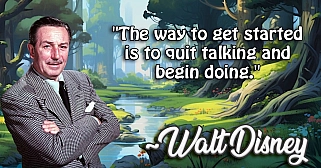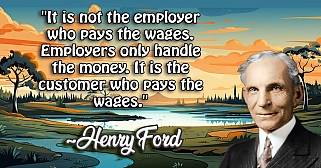Thomas Edison: The Wizard of Menlo Park
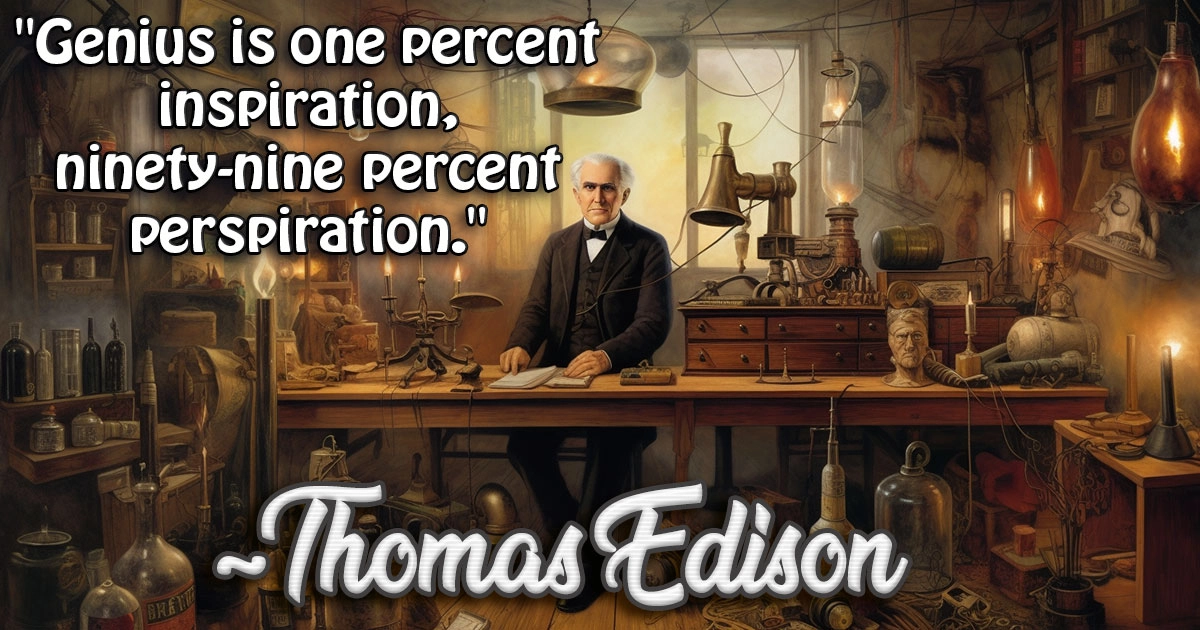
Thomas Edison
Early Life and Education
Thomas Alva Edison was born on February 11, 1847, in Milan, Ohio. He was the youngest of seven children in his family. His father, Samuel Ogden Edison Jr., was an exiled political activist from Canada, while his mother, Nancy Matthews Elliott, was a schoolteacher. From a young age, Edison exhibited an inquisitive mind and a keen interest in the world around him.
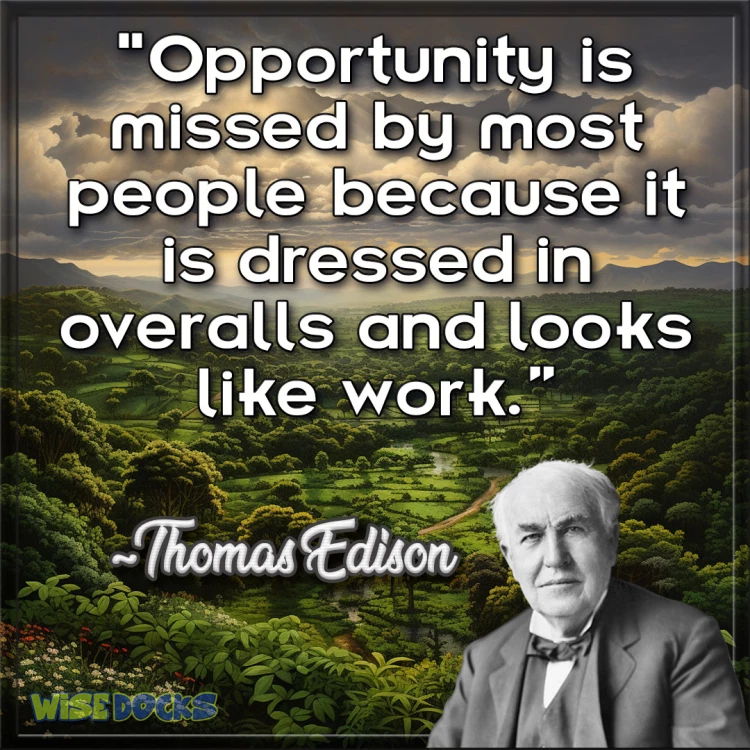
Edison’s formal education was limited; he attended school for only a few months. His mother took on the role of his primary educator, nurturing his curiosity and encouraging his independent learning. Edison’s voracious appetite for knowledge led him to read extensively and conduct experiments on his own. This self-directed education laid the foundation for his future as an inventor.
First Inventions and Early Career
Edison’s first significant invention came in 1869 with the creation of the Universal Stock Printer, a device that improved the efficiency of stock market transactions. This invention garnered him recognition and financial success, allowing him to establish his first laboratory in Newark, New Jersey.
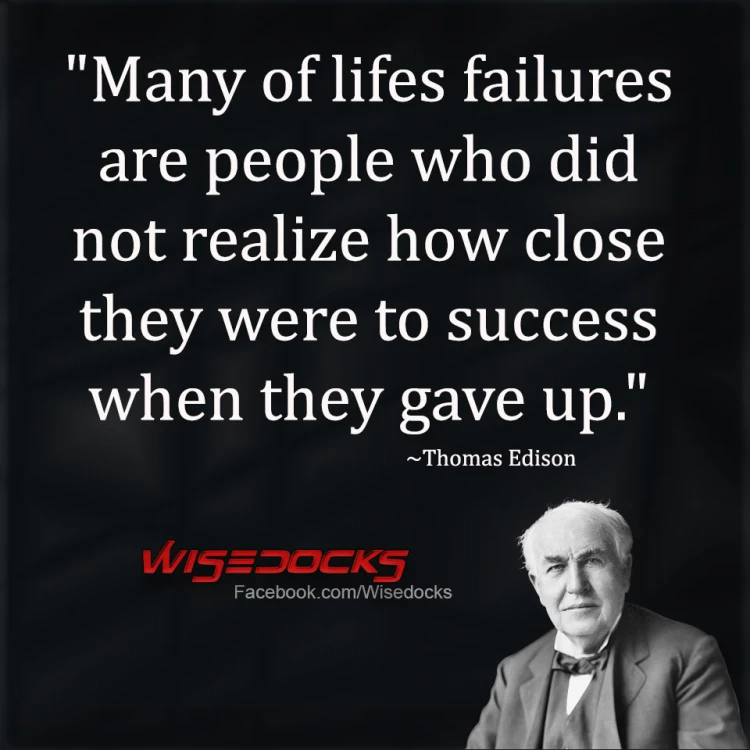
During this period, Edison continued to develop various telegraphic devices, capitalizing on the growing demand for improved communication technologies. His work in this field earned him the nickname "The Wizard of Menlo Park" after he moved his operations to Menlo Park, New Jersey, in 1876.
The Phonograph
One of Edison’s most groundbreaking inventions was the phonograph, created in 1877. This device could record and reproduce sound, a feat that astonished the public and solidified Edison’s reputation as a leading inventor. The phonograph had profound implications for the music industry, entertainment, and communication, laying the groundwork for future audio recording technologies.
The invention of the phonograph marked the beginning of a prolific period in Edison’s career. His ability to translate theoretical concepts into practical applications set him apart from his contemporaries and fueled his drive to innovate further.
The Electric Light Bulb
Perhaps Edison’s most famous invention is the practical electric light bulb. Although he was not the first to invent a light bulb, Edison’s version, developed in 1879, was the first to be commercially viable. His invention utilized a carbon filament and an improved vacuum inside the bulb, significantly extending its lifespan and making it practical for widespread use.
Edison’s work on the electric light bulb extended beyond the invention itself; he also developed an entire electrical distribution system to support the widespread adoption of electric lighting. In 1882, he established the first commercial power station in New York City, revolutionizing the way people lived and worked.
The Motion Picture Camera
In the late 1880s, Edison turned his attention to the field of motion pictures. Collaborating with William Kennedy Laurie Dickson, he developed the kinetoscope, an early motion picture camera. This invention laid the foundation for the modern film industry, allowing moving images to be recorded and viewed by the public.
The kinetoscope’s success led Edison to establish the Edison Studios, which produced some of the earliest motion pictures. His contributions to the development of cinematography were instrumental in shaping the future of visual entertainment.
Later Years and Legacy
Edison’s later years were marked by continued innovation and entrepreneurship. He received over 1,000 patents during his lifetime, covering a wide range of fields, including electric power, telecommunication, and sound recording. His work ethic and relentless pursuit of improvement made him a revered figure in the world of invention.
Edison passed away on October 18, 1931, in West Orange, New Jersey. His legacy endures through the countless technologies and industries he helped to create. Thomas Edison’s contributions to science and technology have left an indelible mark on modern society, influencing the way we live, work, and communicate.
Thomas Edison’s life was a testament to the power of curiosity, perseverance, and innovation. From his humble beginnings to his status as one of history’s greatest inventors, Edison’s journey was marked by a relentless drive to improve and innovate. His inventions, including the phonograph, electric light bulb, and motion picture camera, have had a profound and lasting impact on the world. Edison’s legacy continues to inspire inventors and entrepreneurs, reminding us of the transformative power of creativity and determination.
